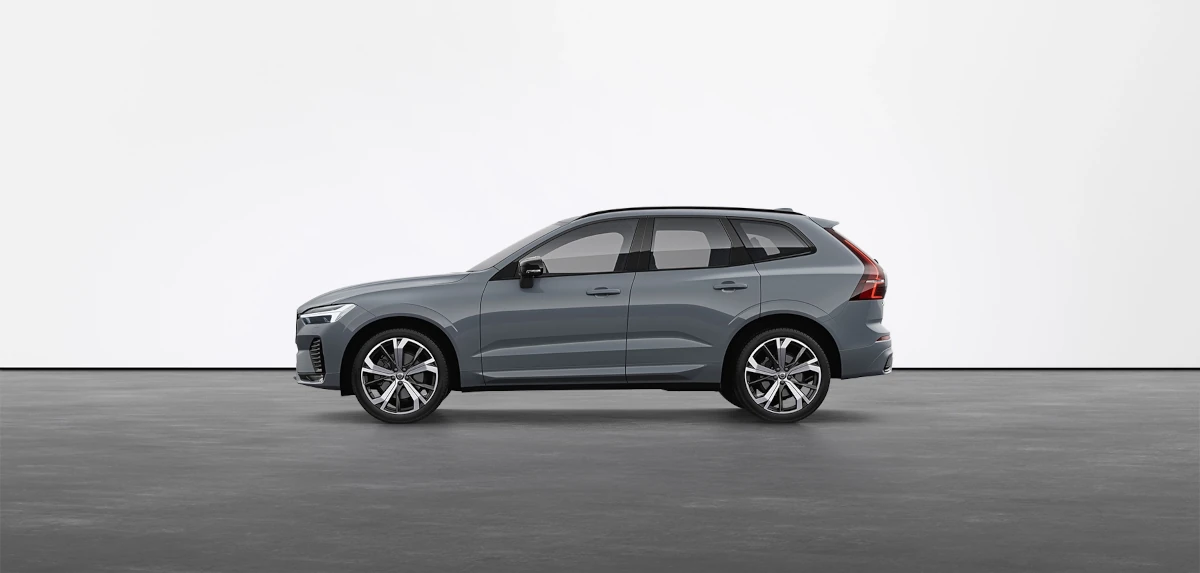Volvo, the iconic Swedish automaker known for its impeccable safety standards and sleek designs, is doing a bit of a cha-cha with its all-electric future.
Just last year, they were all about ditching the good old internal combustion engine by 2030.
But now, they’re singing a different tune. So, what gives? Let’s dive into this saga of Volvo’s electrification journey.
Volvo’s Bold Promise: “No More Combustion Engines by 2030!”
Ah, the sweet sound of ambitious promises. In June 2023, Volvo’s Chief Commercial Officer Bjorn Annwall declared, “We will not sell a single combustion engine car worldwide after 2030.”
Bold, right?
They were all set to lead the charge into a fully electric future, waving goodbye to gasoline and diesel engines like yesterday’s fashion.

The Reality Check: EV Sales Slump
Fast forward to today, and it looks like Volvo’s crystal ball was a bit foggy. Electric vehicle (EV) sales are not exactly setting the world on fire.
In key markets like China and the US, the enthusiasm for electric models has cooled off faster than a Swedish winter.
Volvo’s leadership, with CEO Jim Rowan at the helm, is now reconsidering their all-electric stance.
Jim Rowan’s Electrification Love-Hate Relationship
Jim Rowan is still a big believer in electrification.
He calls it “a better technology than the internal combustion engine.” But here’s the kicker: he admits that not every corner of the globe is ready to embrace this shiny new tech. “It will take time to bridge different parts of the world to full electrification,” he says.
In the meantime, Volvo’s hybrids are looking pretty darn attractive.
Hybrids to the Rescue: A Pragmatic Approach
Rowan points out that hybrids will be a “solid bridge” for customers who aren’t quite ready to jump on the full electric bandwagon.
Volvo’s plug-in hybrids and mild hybrids are still hot commodities, and the company is committed to investing in these models.
It’s like offering a stepping stone to EVs – a little taste of the future without the full commitment.
The Dealer’s Perspective: “We Have to, or We Die”
Volvo dealerships are feeling the heat too. One dealer, preferring to remain anonymous, candidly stated, “We have to, or we die.” Dramatic? Maybe.
But it underscores the high stakes involved.
Dealers expect to sell hybrid cars well beyond 2030. The EV-only strategy, while admirable, was perhaps a bit ahead of its time.
Volvo’s New Game Plan: Hybrid Heaven
So, what’s Volvo’s plan now? For the next decade, they’re focusing on supplying plug-in hybrids (PHEVs) as the EV market matures.
A source familiar with the company’s plans said, “Fingers crossed that PHEVs will start to be looked upon favorably by the various governments.”
Governments, are you listening?
Leveraging Geely’s Platforms: A Smart Move
Volvo is also looking to leverage platforms from its parent company, Geely, to expand its range of plug-in hybrid models.
In May, Geely completed a joint venture with Renault Group to develop and manufacture more efficient internal combustion engines and hybrids.
It’s like having a secret weapon in their back pocket.
Updating the SPA Platform: The Backbone of Volvo Hybrids
The Swedish brand is considering updates to its SPA platform, which currently underpins mild and plug-in hybrid variants of the XC90 and XC60.
This move is all about keeping their hybrids fresh and competitive as they navigate this transitional period.
Market Trends: Following the EV Wave, But at a Slower Pace
Volvo is essentially following the market trends. Yes, EV adoption is growing worldwide, but the growth rate has slowed dramatically. It’s a marathon, not a sprint.
And Volvo is pacing itself accordingly, ensuring they remain relevant and profitable.
Conclusion: The Road Ahead
Volvo’s flip-flop on its all-electric future is a reminder that the road to electrification is filled with twists and turns.
While the dream of a fully electric fleet by 2030 was ambitious, the reality requires a more nuanced approach.
By focusing on hybrids, leveraging parent company platforms, and staying adaptable, Volvo is positioning itself to navigate the evolving automotive landscape.
The ride to an all-electric future might take a bit longer than expected, but it’s sure to be an interesting journey. And who knows? Maybe
Volvo will surprise us all with a few more twists along the way.
































